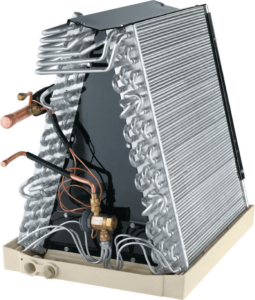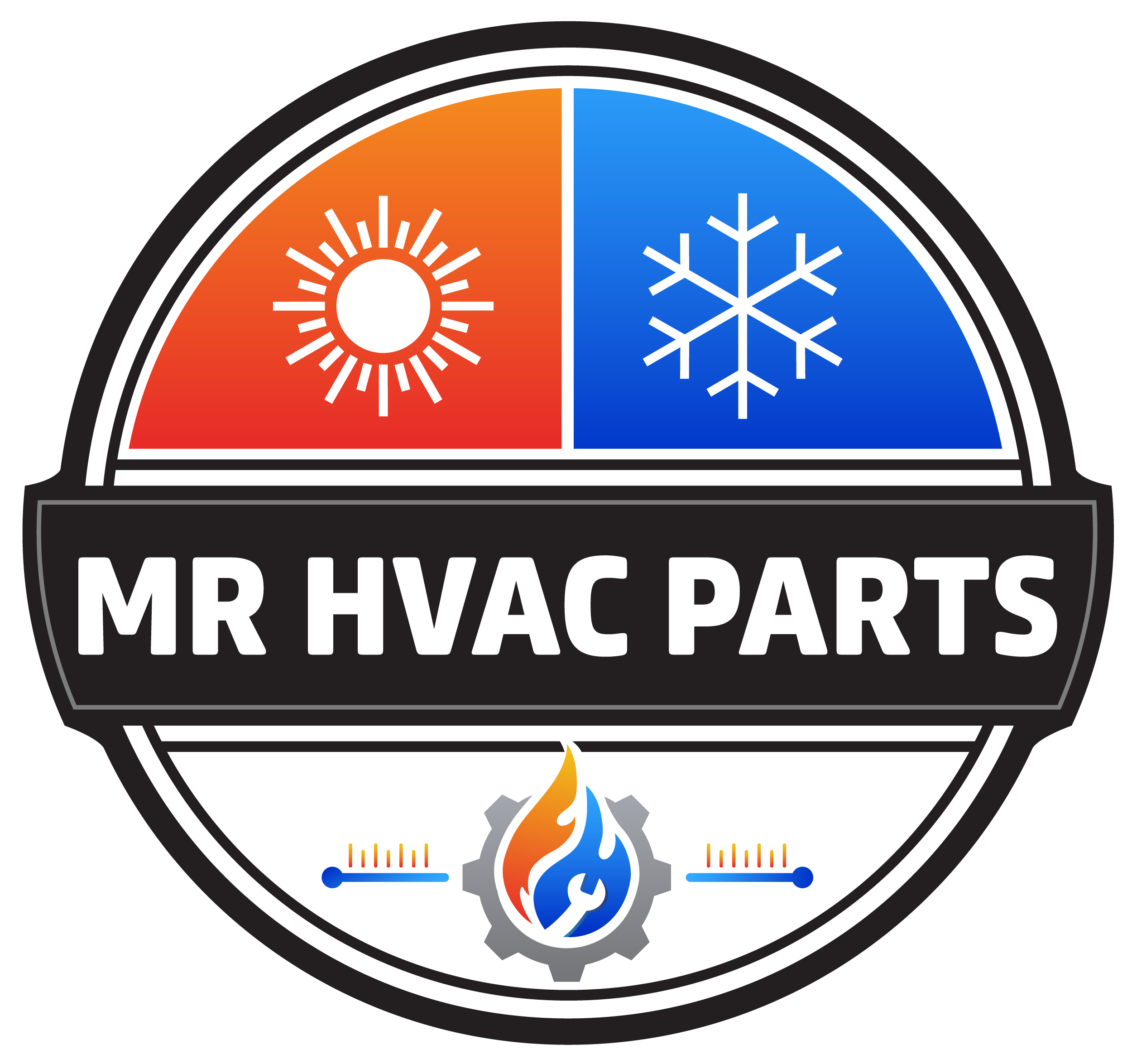Evaporator Coils in Washington, DC and the DMV Area: Expert Advice
The evaporator coil is a critical component of your HVAC system, responsible for absorbing heat from the air inside your home or business. In Washington, DC, and the surrounding DMV area, where summers can be hot and humid, having a properly functioning evaporator coil is essential for maintaining a comfortable indoor environment. This guide will cover everything you need to know about evaporator coils, including their function, types, common issues, and maintenance tips.
Why Evaporator Coils Matter

Evaporator coils are a key part of your air conditioning system, playing a crucial role in the cooling process. As warm air passes over the coils, the refrigerant inside absorbs the heat, cooling the air before it is circulated back into your living or working space. In a climate like that of the DMV, where high temperatures and humidity levels are common, a well-maintained evaporator coil is vital for efficient cooling and indoor comfort.
Benefits of a Well-Maintained Evaporator Coil:
Efficient Cooling: A clean and functioning evaporator coil ensures that your HVAC system cools your space effectively, maintaining a comfortable temperature even during the hottest months.
Energy Savings: When your evaporator coil is in good condition, your system doesn’t have to work as hard to cool your space, leading to lower energy consumption and reduced utility bills.
Extended HVAC Lifespan: Regular maintenance of your evaporator coil helps prevent system strain, reducing the likelihood of breakdowns and extending the life of your HVAC system.
Types of Evaporator Coils
There are different types of evaporator coils designed to meet various HVAC system requirements. Understanding the options can help you choose the best coil for your home or business in the DMV area.
A-Coils:
Overview: A-Coils are shaped like the letter “A” and are commonly used in vertical HVAC systems. Their design allows for efficient airflow and effective heat transfer.
Best For: Vertical HVAC systems in residential and light commercial applications.
Advantages: Efficient cooling and compact design that fits easily into most systems.
Slab Coils:
Overview: Slab coils are flat and are typically used in horizontal systems. They are installed in a flat, horizontal position, making them ideal for spaces with limited vertical clearance.
Best For: Horizontal HVAC systems, often found in attics or crawl spaces.
Advantages: Space-saving design and easy installation in tight areas.
Chilled Water Coils:
Overview: Chilled water coils are used in HVAC systems that utilize chilled water rather than refrigerant to cool the air. These systems are more common in large commercial buildings.
Best For: Large commercial or industrial HVAC systems that use chilled water for cooling.
Advantages: Efficient cooling for large spaces and compatibility with high-capacity systems.
DX (Direct Expansion) Coils:
Overview: DX coils use refrigerant to absorb heat directly from the air. They are a common choice for residential and commercial HVAC systems and come in various configurations, including A-coils and slab coils.
Best For: Both residential and commercial applications where refrigerant-based cooling is preferred.
Advantages: Direct heat exchange for efficient cooling and versatility in different system designs.
Common Evaporator Coil Issues
Evaporator coils can encounter problems that may affect their performance and the overall efficiency of your HVAC system. Here are some common issues that residents in Washington, DC, and the DMV area might experience:
Dirty Coils:
Overview: Over time, dust and debris can accumulate on the evaporator coils, reducing their ability to absorb heat and lowering the efficiency of your cooling system.
Signs: Reduced cooling efficiency, higher energy bills, or the system running continuously without adequately cooling the space.
Frozen Coils:
Overview: If the refrigerant levels are low or airflow is restricted, evaporator coils can freeze. This can cause the system to stop working and may lead to damage if not addressed promptly.
Signs: Ice buildup on the coils, reduced airflow, or the system shutting down unexpectedly.
Corrosion:
Overview: Over time, evaporator coils can corrode due to exposure to moisture and other environmental factors. Corrosion can lead to refrigerant leaks and reduced cooling capacity.
Signs: Leaking refrigerant, hissing sounds, or reduced cooling performance.
Refrigerant Leaks:
Overview: A refrigerant leak in the evaporator coil can cause the system to lose its cooling capacity, leading to inefficient operation and potential damage to the compressor.
Signs: Loss of cooling efficiency, hissing or bubbling noises, and higher energy consumption.
Maintaining Your Evaporator Coil in the DMV
Regular maintenance is essential to keep your evaporator coil in optimal condition and ensure efficient operation of your HVAC system. Here are some tips to help you maintain your evaporator coil:
Regular Cleaning:
Have your evaporator coils cleaned at least once a year by a professional HVAC technician to remove dust and debris that can reduce efficiency.
Check Refrigerant Levels:
Ensure that your HVAC system has the correct refrigerant levels to prevent coil freezing and maintain efficient cooling.
Inspect for Leaks:
Regularly inspect the coils for signs of corrosion or refrigerant leaks, and address any issues promptly to avoid further damage.
Ensure Proper Airflow:
Make sure that your HVAC system’s filters are clean and that there are no obstructions to airflow, as restricted airflow can lead to frozen coils.
Where to Service Evaporator Coils in Washington, DC, and the DMV
If you need to service or replace your evaporator coil, or if you’re experiencing issues with your HVAC system, contact a trusted HVAC technician in the DMV area. Schedule an inspection today and ensure your system is ready to handle the demands of the local climate.
Evaporator coils are essential to the efficient operation of your HVAC system, especially in the hot and humid summers of Washington, DC, and the surrounding DMV area. By keeping your coils in good condition, you can ensure consistent cooling, lower energy bills, and a longer lifespan for your system.
Whether you’re dealing with common issues like dirty or frozen coils or simply want to ensure your system is operating at peak efficiency, regular maintenance and prompt repairs are key to keeping your home or business comfortable year-round in the DMV.


